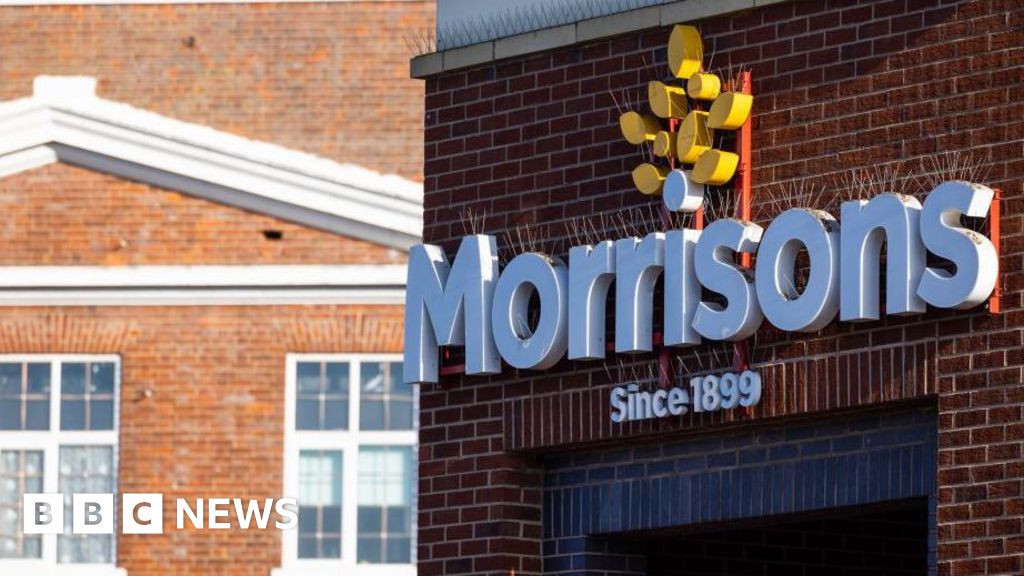Remember when tech workers were ruining San Francisco by their very presence?
The crisis peaked between 2014-2017 when the booming tech industry was blamed for driving up the cost of real estate. Tech companies drove high demand for office space and also rental housing.
Now they’re being blamed for ruining San Francisco — by their absence.
San Francisco Mayor London Breed said recently that tech workers have either left town or are working remotely and won’t be coming back into their San Francisco offices anytime soon.
This is resulting in a severe financial impact on city budgets. In addition, the city’s office vacancy rate hit 21.7% or 24.2% (depending on who is measuring it) in the second quarter (5.7% before the pandemic).
Pre-pandemic, office workers — including tech workers — brought in 72% of the city’s budget. Now, their absence is costing the city hundreds of millions of dollars in lost revenue.
San Francisco-based Salesforce has downsized thrice since the pandemic started.
Tesla, Oracle, NortonLifeLock, QuestionPro, Varo Bank, Palantir, Tanium, Sendoso, and many other tech companies have left San Francisco and Silicon Valley in the past two years and moved primarily to lower-tax states in the Southeastern United States.
Also having an effect: high crime, high taxes, and other factors, discouraging workers and companies from wanting to be in San Francisco.
And, of course, many of those workers are working remotely and from home.
Portland, OR, is having similar issues. The vacancy rate for commercial real estate is now up to 17.5% and keeps rising.
And in New York City, the big tech companies aren’t helping.
Both Meta and Amazon are reportedly putting their local expansion plans on hold, and even reducing space, adding to the city’s vacancy woes.
The contraction in office workers and office space is also causing some communities to worry about a possible “untransit” threat — the closure of public transportation options, routes, tracks, and stations.
Urban restaurants, hotels, bars, cafes, and other such businesses are feeling the pinch, too. The massive slowdown in business travel and reduced tech and trade shows is hammering urban conference centers, hotels, restaurants, and other businesses.
How the future of work is changing the future of cities
As I predicted last year, the move to remote work is causing a chain reaction. (And it is being exacerbated by a seemingly endless pandemic, economic downturn, and other factors.)
Here‘s how the chain reaction works:
- Urban office workers are told they must or can work from home.
- Many workers stop coming into the office, reducing the need for office space.
- This reduced demand shrinks city budgets, causing cutbacks in services.
- Reduced city worker traffic cuts demand for cafes, restaurants, and other services
that make cities desirable.
- People move from the cities to foreign countries, rural towns, or elsewhere.
- Companies move out of bigger to smaller cities.
- A painful period of decay ensues, driving further flight.
- The rise of solar power, satellite internet, and other technologies encourages remote, rural, and even isolated living.
- Over a period of years, these trends reverse decades of urbanization, causing people to be more evenly distributed nationally and less concentrated in cities.
- The decline of cities cements the remote work trend.
Ten years from now, it’s likely that a considerable amount of basic human activity — business, government, school, healthcare, and social interaction — will move online, and people will live wherever they want without needing cities to make a living.
The prolonged transition has begun.
It will be bad for people who love their cities and great for people who view living in a city as an undesirable sacrifice necessary to advance in their careers.
Tech is driving this.
As organizations, the same tech companies that make products and services that enable working from anywhere are leading the urban exodus.
The future of work is directing the future of cities, as it has always done.
The upside is that, in the end, more people will be happier with their lives and work.
The downside is that cities are in for a world of decay, decline, and near obsolescence in the years ahead.
Copyright © 2022 IDG Communications, Inc.




















Discussion about this post